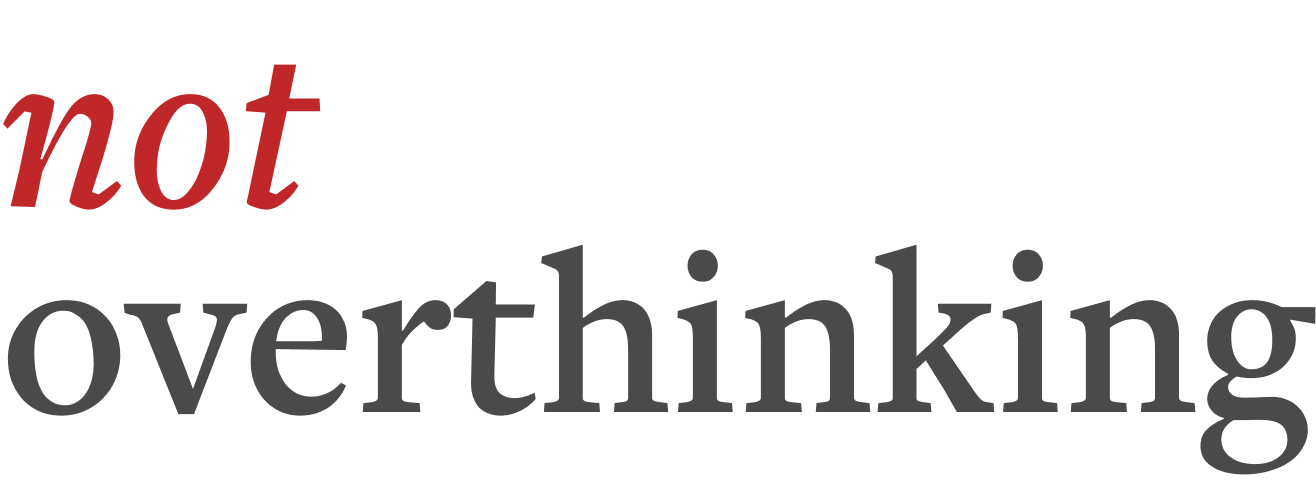How can we get into the habit of reading?

Some of the highlights from our discussion:
When it comes to fiction, don’t try to force yourself to read ‘high-end’ fiction that you perhaps feel that you ‘should’ read. Read what you want to read and that you enjoy – don’t feel like you need to read the classics to gain deep and meaningful insights – reading should be pleasurable.
When reading non-fiction books, it can help to read with the intent to highlight and the intent that you are going to write a book review. This forces you into thinking more consciously about the content and take in the key messages of the book. Ali discusses how trying to produce something that makes your takeaways a bit more concrete – taking notes or highlighting – can aid in your retention of the key points of the book.
But a book is worth more than just its highlights. Reading can shape your thinking even if you are not actively looking for insights. Taimur discusses how he has read many blogs or posts over the last few years that has undoubtedly shaped his thinking subconsciously and explains that reading without highlighting still has value. Ali agrees that he wouldn’t want to just read the highlights from books – you could miss the context of the points being made which could prove to be equally insightful.
Managing our expectations is important – particularly with regards to non-fiction books. We shouldn’t expect every non-fiction book to be groundbreaking and novel. There is only so much novel advice that you can access through these books.
If a book isn’t engaging, you don’t have to finish it. We often feel internal pressures to read books cover to cover but you should try to fight against this – if the book is not interesting or doesn’t add any value, just stop reading it – no-one will judge you for it. Taimur discusses how he came across this realisation after reading How to Read a Book: The Classic Guide to Intelligent Reading by Mortimer Adler, Charles Van Doren which liberated him from those thoughts of having to finish a book just because you’ve started it.
Books can have added value compared to other sources of reading. “Reading is the secret to my success” is a phrase often used by entrepreneurs but Ali agrees. He talks about the added value of books in that they have space to expand on the context so their value comes from their length.
Books Mentioned:
- Twilight – Stephanie Meyer
- The 4-Hour Work Week – Tim Ferriss
- Harry Potter – JK Rowling
- The Courage to be Disliked – Ichiro Kishimi, Fumitake Koga
- The Name of the Wind – Patrick Rothfuss (Audiobook recommended)
- The Stormlight Archive – Brandon Sanderson (Audiobook recommended)
- Stardust – Neil Gaiman (Audiobook recommended)
- How to Read a Book: The Classic Guide to Intelligent Reading – Mortimer Adler, Charles Van Doren
- Shoe Dog: A Memoir by the Creator of NIKE – Phil Knight
Become a Not Overthinker
We've got a fun little members-only community where we have a private Slack channel, and host weekly (ish) Zoom hangouts. Click here if you fancy joining.
Leave us a Review
If you enjoy listening to the podcast, we'd love for you to leave us a review on iTunes / Apple Podcasts. Here's a link that works even if you're not on an iPhone :)
Send us an Audio Message
We really want to include more listener comments and questions in our episodes. If you've got any thoughts on this episode, or if you've got a conundrum or question you'd like us to discuss, send an audio file / voice note to [email protected].
- For any non-audio comments, please comment on our YouTube channel.
- Alternatively, feel free to drop us a tweet or DM on Twitter - https://twitter.com/noverthinking.



